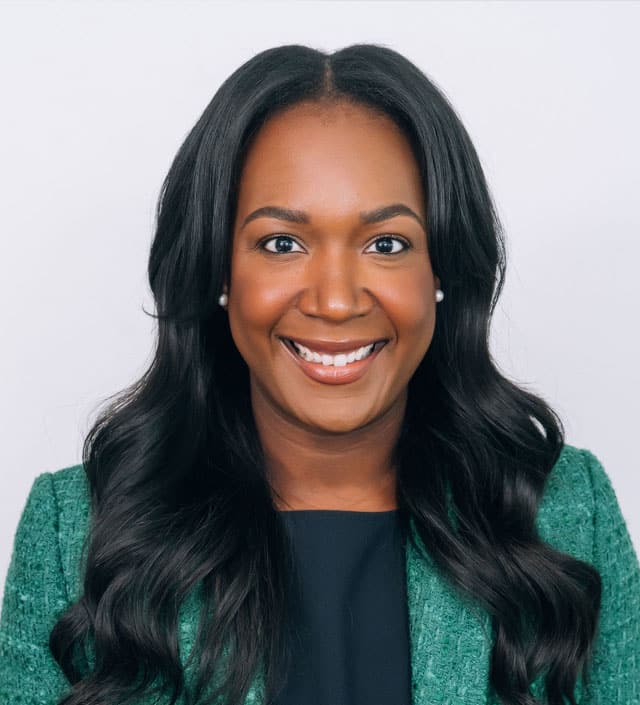
One of the hardest aspects of COVID-19 has been enduring the agony of being separated from family members who need difficult health care decisions to be made on their behalf.Words of comfort on FaceTime don’t have the same impact as the touch of a trusted spouse, partner or adult child who instinctively knows what loved ones want and need. That’s one of the reasons my estate planning clients are revisiting whom they appoint to make their medical and end-of-life decisions if they become incapacitated. In other words, who should they name as their agents in their health care proxies, durable powers for health care (“DPFHC”) and advance directives?
Many clients previously chose their health care agents based on their “credentials.” For example, they named the daughter who is a physician, even though she lived in Australia and the client was in Boston.
Now, they realize that having someone with “boots on the ground” is often best for the person who needs emergent health care, as well other family members. Selecting a geographically proximate agent can bring patients and family members an extra level of comfort and decrease the risk of regrets, “what ifs” and fractured relationships following a person’s death or a challenging health care decision.
“Selecting a geographically proximate agent can bring patients and family members an extra level of comfort and decrease the risk of regrets, “what ifs” and fractured relationships following a person’s death or a challenging health care decision.”
More Than Local — What Really Matters
How should clients choose the individuals to fill this important role?
First, they should understand that being designated as a health care agent is both an honor and a burden. They should speak with the designee(s) and make sure that they are willing to shoulder this responsibility. I have prepared estate plans for clients whose agents have no idea that they are named and they may not find out until they are startled from sleep by an emergency call from a hospital. I strongly recommend against this scenario; open communication is best for everyone.
The health care agent should be someone a client trusts to speak honestly with about their end-of-life preferences. When needed, it’s best if the agent can regularly visit the client in person and evaluate their condition with all five of their senses before making a choice on their behalf. Zoom is a poor substitute and is not as helpful when navigating the nuances of a client’s condition, wishes, living environment and relationships with other family members.
A colleague who lost her father about three weeks before Massachusetts “shut down” due to COVID-19 provides a case in point. She is one of four adult children, and her brother, who lived nearby, was her dad’s proxy. The brother spent weeks visiting his hospitalized father, talking with doctors and consulting with the other siblings. When he received the call from the doctor at 12:30 am, asking for authorization to remove his lifesaving equipment, he was able to say yes without hesitation, and arrange for the family to gather by his bedside after doing so. His father had a peaceful death, and the siblings were comforted and confident that the brother had honored their dad’s wishes.
Having the fortitude to authorize a doctor to stop lifesaving measures is by no means easy. For that reason, I also recommend that the client choose an agent who can take on this responsibility. I’ve had many a spouse turn to another spouse, take their hand and say, “Honey, I’m not going to name you. I know you. You faint at the sight of blood and you won’t let me go. I’m going to name X because he will be able to determine whether I would want to remain here or not.”
“I’ve had many a spouse turn to another spouse, take their hand and say, “Honey, I’m not going to name you. I know you. You faint at the sight of blood and you won’t let me go.”
Finally, I advise selecting someone who can absorb complex medical information, distill it into a decision about future steps, and advocate for that choice to be implemented. We all know type-A physicians who take it as a personal failure if a patient succumbs to illness, even if it’s with grace. Naming someone who can stand up for wishes in the face of a doctor who is having difficulty letting go, is a must!
Formalizing the Selection of an Agent
How can clients formalize the selection of their health care agents, and convey their end-of-life goals?
The required documentation will vary by state and may include health care proxies, durable powers for health care (“DPFHC”) and/or advance directives
There are also resources such as the Five Wishes form and the One Slide Project, which will prompt clients to be thoughtful and thorough about their choices.
A document that is frequently overlooked by DIYers is a Health Insurance Portability and Accountability (HIPAA) release. HIPAA was enacted in 1996 to, among other things, “improve the portability and accountability of health insurance coverage” for employees between jobs.
Shortly thereafter, HIPAA Privacy and Security Rules were added. These rules introduced Protected Health Information which was defined as “any information held by a covered entity which concerns health status, the provision of healthcare, or payment for healthcare that can be linked to an individual.” The compliance requirements for these rules are frequently “hyper interpreted” by hospitals and medical care teams. I’ve seen people named as agents in DPFHCs be denied access to the incapacitated client’s health care options and thus the power to make health care decisions for that client because of lack of a HIPAA release. To prevent this from happening, I coach people to ensure that they have both documents.
Decisions Have Consequences
One tragic situation I frequently see is the long-term consequence of naming an agent for reasons that are outside of a client’s best interest. I frequently get calls from siblings who have been shut out from an incapacitated parent because the father or mother designated another child to serve as the agent.
“My sister bullied my mom into naming her. Now my mom is in a nursing home and my sister never [ITAL-never] goes to see her and she has forbidden the staff from letting my brother and me visit. Mom’s all alone. I just want to say goodbye and I can’t!”
In these heartbreaking situations, there is not much I can do. Mom executed the paperwork when she had capacity and therefore, her choice must be honored, even though it was made under unhealthy conditions and replicated toxic family patterns. I try to preempt these situations by explaining the responsibilities their agents will have to bear and describe some of the tragic unintended results I have seen, but my message is not always received.
Finally, I advise clients who do not want to be resuscitated to be kind to others when measuring their health condition against their wishes. If they are nearing the end of their lives and don’t want to be resuscitated or have heroic measures exerted to revive them … I advise them to not go out in public, like to eat at a restaurant!
If they faint or have a heart attack in the middle of a diner, someone — and possibly everyone — will call 911. EMTs must work to revive them, so they will be placed on life support and then the gut-wrenching decision to stop resuscitation will be made after they arrive at the hospital. If they opt for takeout, their last meal will be with loving people who bid them a peaceful goodbye — on their own terms.
Estate Planning and Probate Attorney Deborah Danger, Esq., LL.M. (taxation) is the Managing Member of DangerLaw, LLC, Newton, Mass. Contact her at deborah@dangerlaw.com.







